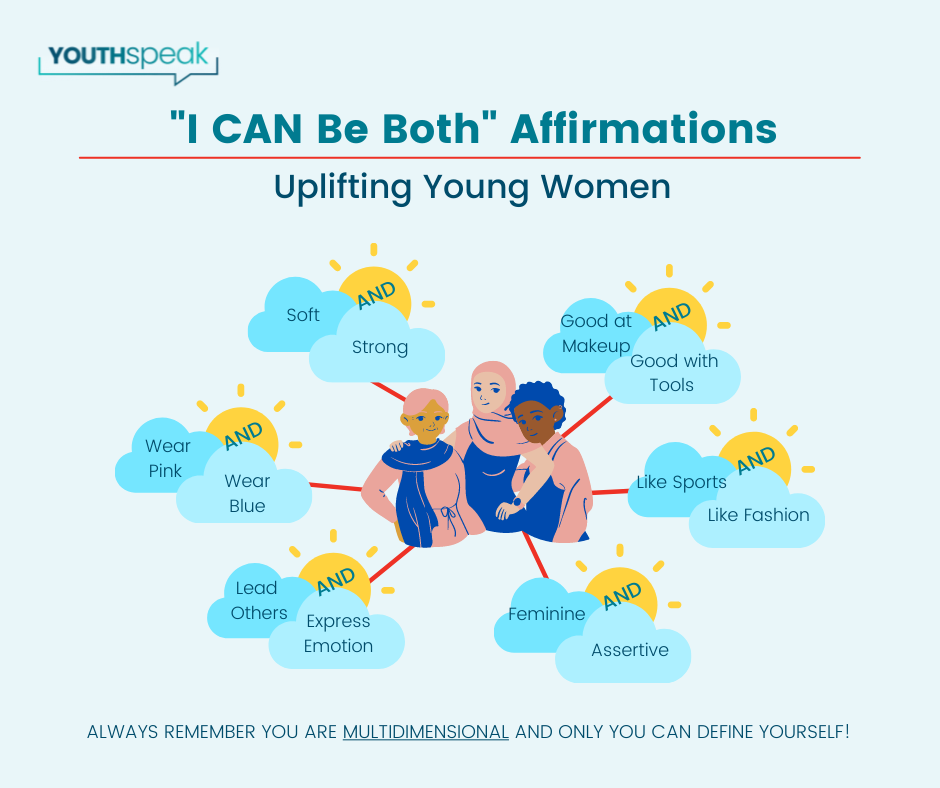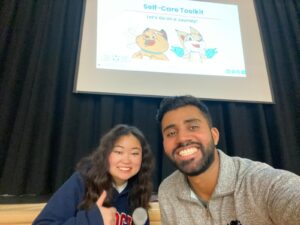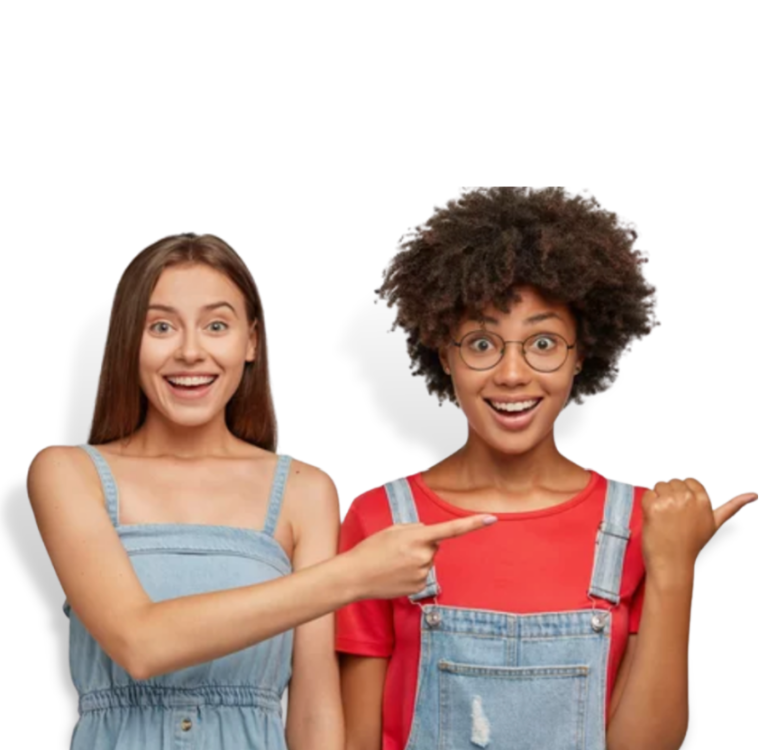Did you know that internalized misogyny can have an impact on one’s view on feminism and impact mental health? Misogyny can be defined as “hatred of, aversion to, or prejudice against women (Merriam-Webster, n.d.)”. This month, one of our Youth Facilitators, Lolita, met with Lauren Zacharias, writer for the Justice for Society Magazine, to discuss feminism and women’s mental health. Justice for Society Magazine is founded and run by youth and focuses on educating young minds on social issues. Lauren’s mental health journey shows the importance of going to the doctor when you feel there is a bigger issue with your health. The biggest impacts on Lauren’s mental health have been her experience with Premenstrual Dysphoric Disorder and internalized misogyny. Premenstrual Dysphoric Disorder has aided her development of depression, anxiety and insomnia. It can be difficult to take your body issues seriously, especially when the issues surround your premenstrual cycle. Disbelief in her feminine body issues was a sign that she began to internalize what society has said about women.

What is internalized misogyny, you may be thinking? Internalized misogyny is when you start to believe the stereotypes society tries to embed in your mind about women. This can occur, even if a woman grows up knowing everyone is equal, women are not weak, and like Lauren, grow up with powerful, strong women around them. To Lauren, feminism is more than a movement; it’s for everyone. Feminism to her means intersectionality, courage and equity. The term intersectionality is the idea that people experience discrimination differently, depending on the multiple aspects of their identity (Coaston, 2019). The goal of feminism is not to prove that women are above everyone, but instead to demolish the patriarchy that rules society and harms everyone. Being a feminist includes educating yourself on the oppression that women have experienced for years and the misogyny that rules society, taking courage in what you believe in, and believing in equal opportunities for everyone.
One of the greatest pieces of advice Lauren has heard and Lolita agrees with is to remember that –You are NOT a burden. Speaking up and having an opinion as a woman is NOT a burden. You DO NOT have to apologize for your thoughts. It is OKAY to cry, and you do not have to feel bad. It is okay to let people help you, when you need it. You are ALLOWED to share your feelings in a safe space with someone you trust. At YouthSpeak, we share one-on-one conversations from our youth speakers on their journey through topics on mental health and wellness. These are their personal stories and ways they’ve overcome various obstacles in their lives. The Speak Real Podcast will be sharing vulnerable and open conversations between youth every Thursday. We want to help youth find their voices and empower themselves through the power of their narrative!
Watch this full podcast episode here:
At YouthSpeak, we share one-on-one conversations with our youth speakers on their journey through topics on mental health and wellness. These are their personal stories and ways they’ve overcome various obstacles in their lives. We want to help youth find their voices and empower themselves through the power of their narrative!
YouthSpeak is a charity organization based in the GTA, Canada that conducts assemblies and interactive workshops to help increase the resiliency of youth facing challenges today. To find out more about our projects and initiatives visit our website. Help support our For-Youth-by-Youth projects by donating at: https://youthspeak.ca/ or https://www.canadahelps.org/en/pages/i-support-youthspeak/
References
Coaston. J. (2019). The Intersectionality Wars. Vox. https://www.vox.com/the-highlight/2019/5/20/18542843/intersectionality-conservatism-law-race-gender-discrimination
Merriam-Webster. (n.d.). Misogyny. Merriam-Webster.com dictionary. https://www.merriam-webster.com/dictionary/misogyny






